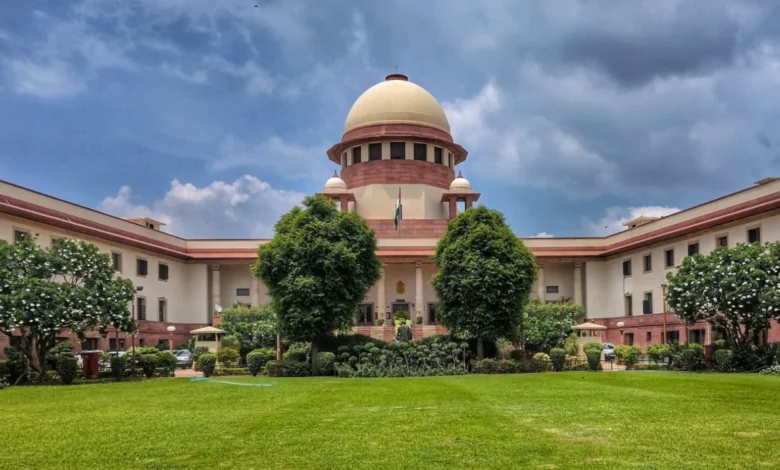Supreme Court says Disciplinary Action Invalid After Employee Acquitted in Criminal Case with Similar Evidence

In a significant ruling, the Supreme Court recently stated that disciplinary action against an employee cannot be justified if the charges, evidence, witnesses, and circumstances in the disciplinary proceedings are identical or substantially similar to those in a criminal case in which the employee was acquitted. The Court emphasized that in such situations, upholding disciplinary proceedings would be “unjust, unfair, and oppressive.”
Key Points of the Ruling
- Link Between Criminal and Disciplinary Cases: The Court clarified that while an acquittal in a criminal case does not automatically guarantee the cancellation of a dismissal in a disciplinary case, if the charges, evidence, and witnesses are the same in both proceedings, the disciplinary action becomes questionable. The Court referred to previous rulings that support this view, such as in G. M. Tank’s case and Ram Lal v. State of Rajasthan.
- Withholding Important Documents: The Court also observed that the State of Bihar had failed to provide the necessary records of the disciplinary proceedings, which would have helped determine if the criminal and departmental proceedings were similar. This non-disclosure was viewed as an attempt to prevent the Court from identifying any illegalities in the proceedings.
- Adverse Inference: The Court applied the principle of “adverse inference,” which suggests that if a party deliberately withholds evidence, it can be assumed that the evidence would have been harmful to their case. In this instance, the lack of departmental records led the Court to believe that the proceedings were flawed.
- Failure to Follow Due Process: The Court pointed out several procedural lapses in the disciplinary process, such as vague and unclear charges, lack of cross-examination rights for the accused, and improper handling of the chargesheet. The appellant’s dismissal was deemed unjust because proper procedures were not followed.
- Case Background: The case involved a constable in the Crime Investigation Department’s dog squad, who was accused of extorting money. He was dismissed after being found guilty in a departmental inquiry. However, he was later acquitted in a criminal trial due to lack of evidence. Despite his acquittal, his dismissal was upheld until he filed a Special Leave Petition (SLP) before the Supreme Court.
- Court’s Decision: The Court ruled that the disciplinary action against the constable could not stand because it was based on the same charges and evidence that led to his acquittal. The Court also found that the disciplinary proceedings lacked fairness and natural justice, thus making the dismissal invalid. The constable was awarded compensation of Rs. 30 lakhs and costs of Rs. 5 lakhs.
Conclusion
The Supreme Court’s decision is a reminder that disciplinary actions must follow fair procedures and that an acquittal in a criminal case based on similar evidence should be given significant weight when assessing the validity of a disciplinary decision. The ruling stresses the importance of adhering to principles of fairness and justice in employment-related cases.
